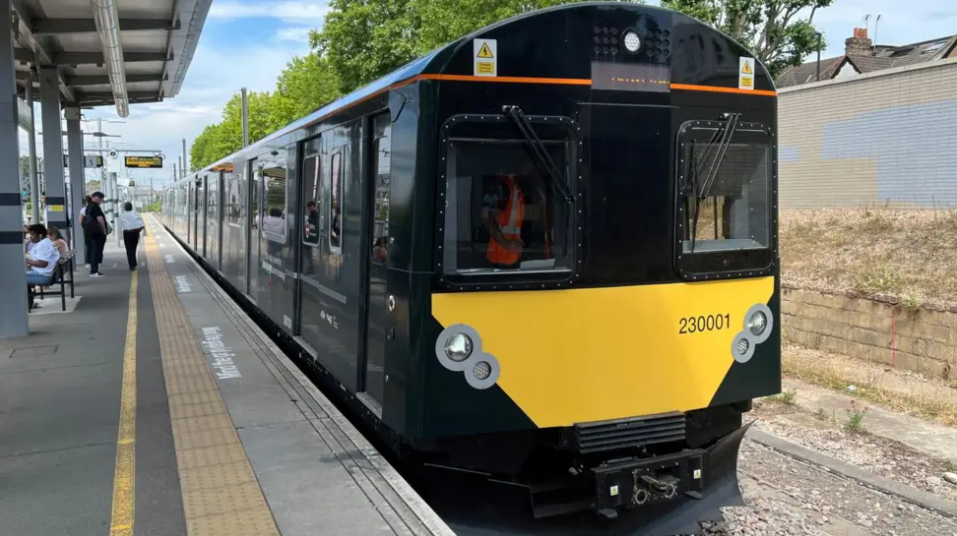Thames Valley 10% rail fare increases 'ridiculous'
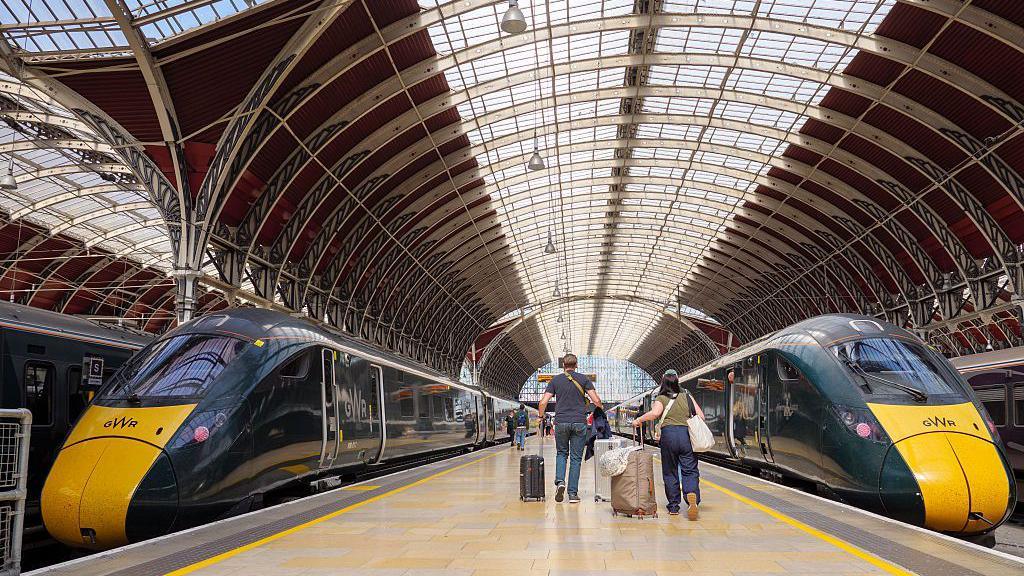
Peak-time single fares from Thames Valley stations have risen by nearly 15% since January
- Published
A nearly 10% increase in rail fares for some services in the Thames Valley has been described as "crazy" by commuters.
Some Great Western Railway (GWR) ticket prices rose from 8 September, including for travellers from Newbury, Reading and Oxford.
Anytime single tickets to London Paddington were among those to increase by 9.9%, while other fares from Thames Valley stations rose by 5%.
GWR said the rises affected fewer than 4% of fares they set, and were intended to "strike the right balance between affordable public transport and responsible stewardship of public funds".
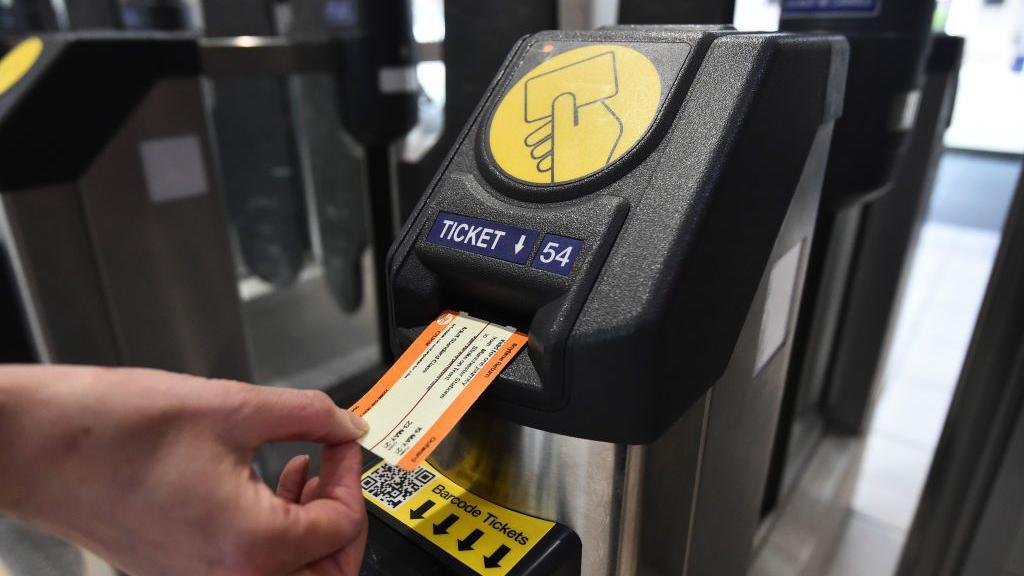
Regulated fares are set in March, but train companies can increase unregulated fares in May and September
It now costs £44 to travel to London from Newbury on a peak-time train without a railcard, £47.20 from Oxford, and £35.10 from Reading.
Anytime return fares from Oxford and nearby stations also rose by 9.9%, from £84.80 to £93.20.
The main annual train fare rise happens in March, when the government sets regulated fares in England and Wales.
This covers most season tickets, some off-peak returns on long-distance journeys, and flexible return tickets for travelling in and around cities.
This year, these tickets increased by 4.6%.
However, rail operators set their own prices for all other ticket types, known as unregulated fares, with opportunities for increases in May and September.
The price of an anytime day single ticket from the Thames Valley to Paddington has now risen by nearly 15% since January.
Ben Plowden, chief executive of the Campaign for Better Transport, called for reform of the UK's fares and ticketing system.
"We know the cost of rail travel is a real barrier to encouraging more people to travel by train," he said.
"Ever rising fares are putting people off using the railways and making train travel increasingly unaffordable."
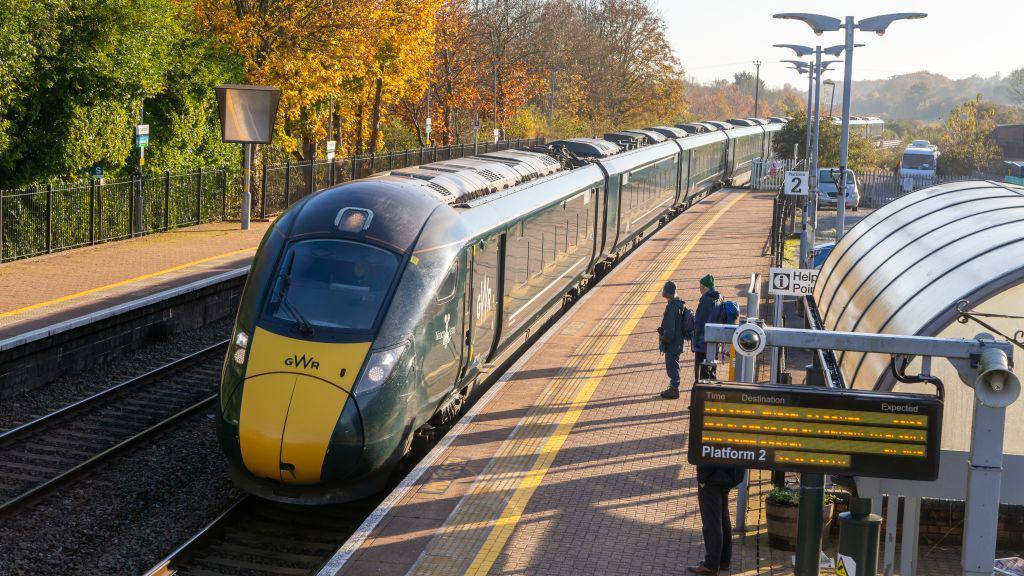
Some commuters said they had to negotiate with their bosses to work from home to save money on trains
Kayleigh Watson commutes from Newbury to London, and said she was "so surprised with this mid-year hike".
"It's so ridiculously expensive," she said.
"It's not even an hour-long journey, it just seems like such a crazy price.
"How are young people going to start out in a job when they can't they afford to rent in London and are having to stay at home, but still pay so much to commute?"
Ellie recently moved to Newbury from London and has started looking for a second job on the weekends to pay for her commute.
"It seems extreme to have to take on an extra job just to supplement the travel costs of my day job," she said.
Newbury commuter Conrad Wiacek said: "There was absolutely no communication of the price rise whatsoever. They just did it.
"In isolation, a rise of a few pounds doesn't seem like a lot, but that really adds up when you do that journey a couple of times a week."
Get in touch
Do you have a story BBC Berkshire should cover?
You can follow BBC Berkshire on Facebook, external, X (Twitter), external, or Instagram, external.
Related topics
- Published2 March
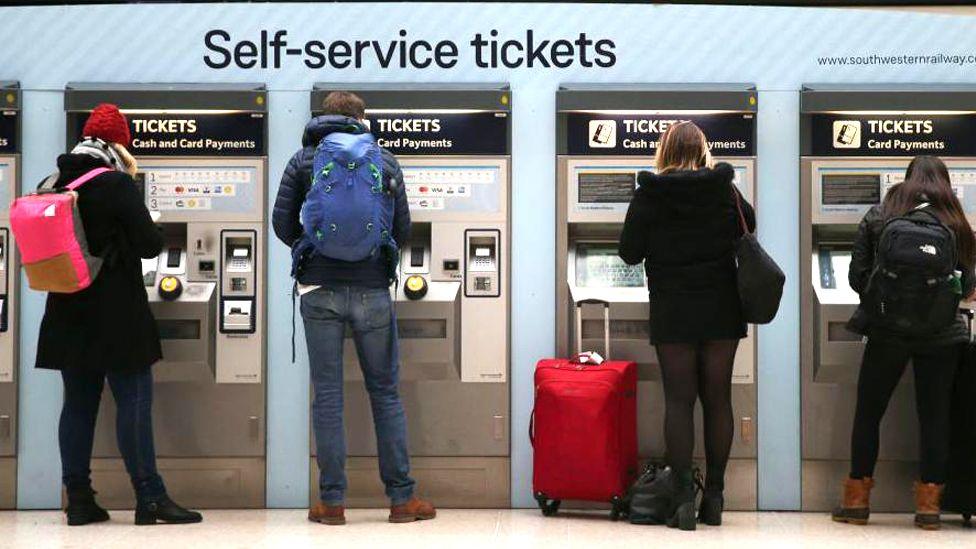
- Published29 March
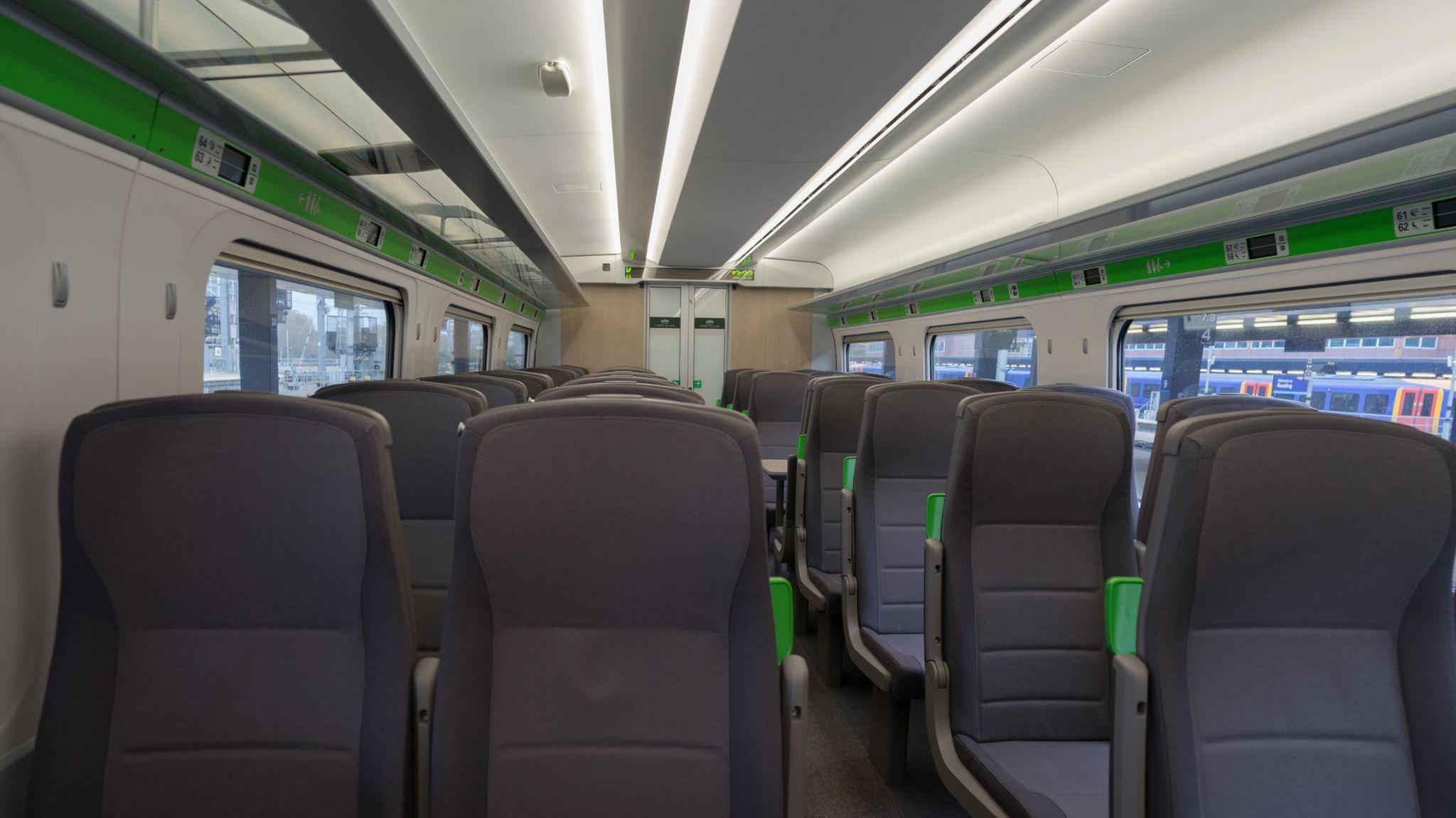
- Published19 August
